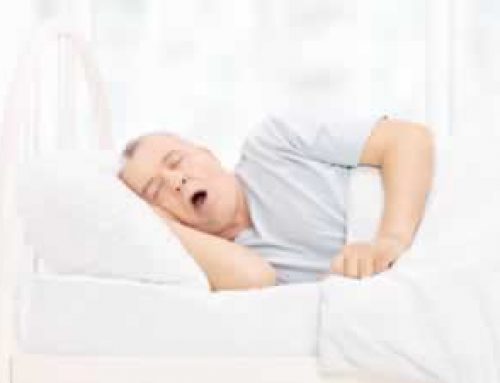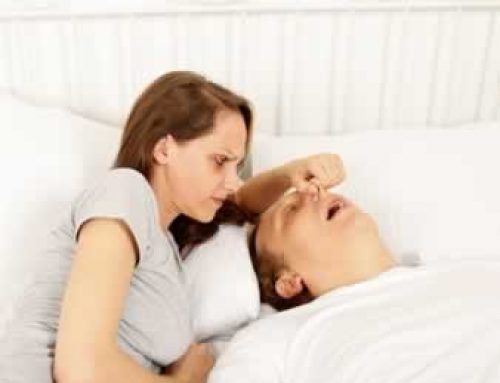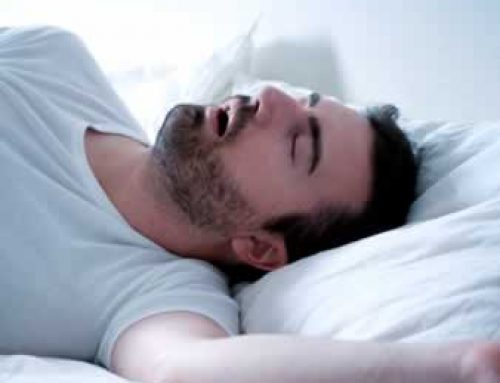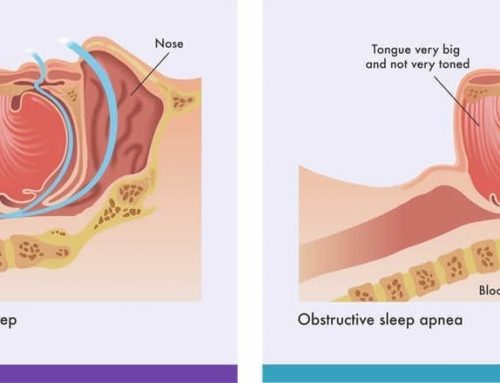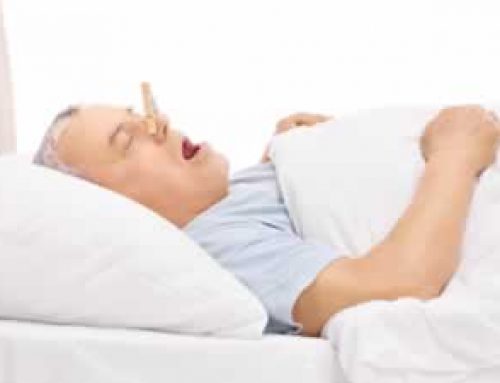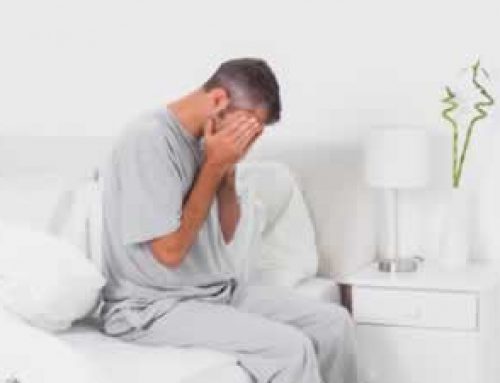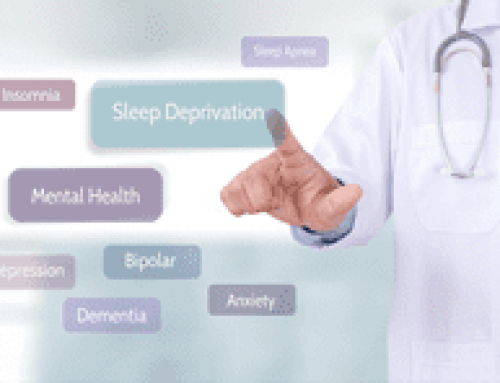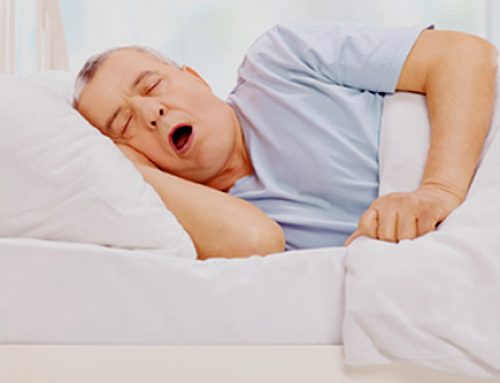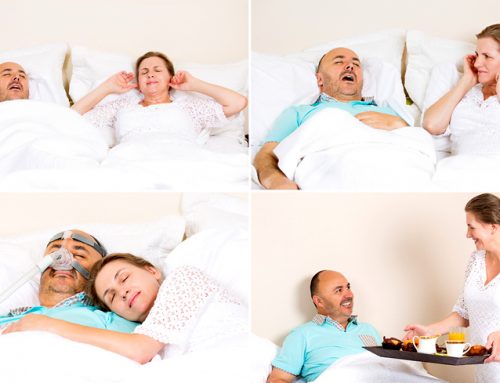Circadian Rhythm Disorder: Do You Have One? How to Decide!
Circadian rhythms are physical, mental, and behavioral changes that follow a roughly 24-hour daily cycle, affected by environmental cues, like sunlight and temperature. This category of disorders includes conditions in which the sleep times are out of alignment. If you have one of these disorders, your body does not want to follow the normal sleep times at night.
Delayed Sleep-Wake Phase Disorder
Delayed sleep-wake phase disorder (DSP) is a circadian rhythm disorder where your sleep pattern is off by two or more hours. People with DSP tend to go to sleep two or more hours later than what is considered normal. Consequently, they will also want to wake up at a later time than most consider appropriate. They will sleep the appropriate amount of time for their age but will start their sleep cycle later in the night than most people do.
This sleep disorder becomes problematic when the cycle interferes with work. Most occupations begin a few hours before someone with delayed sleep-wake phase disorder would naturally want to wake up. A person with DSP may be confused with someone who has insomnia because they stay up later, but must force themselves to wake earlier than they would if left alone so they can attend school or work. This lack of sleep leads to severe sleepiness and fatigue during the day.
Advanced Sleep-Wake Phase Disorder
Advanced sleep-wake phase disorder (ASP) is another circadian rhythm disorder similar to DSP except that a person with ASP will naturally want to fall asleep a few hours before what most consider a normal bedtime. These people will want to go to bed between 6 P.M. and 9 P.M. and wake up very early, usually, between 2 A.M. and 5 A.M. Just like DSP, the sleep time and quality of someone aligns with what is considered normal and sufficient for their age. The only abnormality is they need to go to sleep a few hours earlier than most people.
Irregular Sleep-Wake Rhythm Disorder
Irregular sleep-wake rhythm is a sleep disorder where people do not follow a sleep pattern resembling anything normal. Unlike the previously mentioned disorders, people suffering from irregular sleep-wake rhythm do not sleep for a normal amount of time or experience a smooth, uninterrupted sleep. Instead, they alternate times of being asleep and awake over a 24-hour period so often that it appears they take a lot of naps instead of actually going to sleep. The total amount of time that they are asleep during this 24-hour period will match up with the appropriate amount for their age, but this sleeping cycle is more consistent with infants than children, teens, adults, or seniors.
Non-24-Hour Sleep-Wake Rhythm
If you have Non-24-Hour Sleep-Wake Rhythm, then your sleep times and wake times shift later and later every day, and therefore you are sleeping at a different time every night, later and later, until you are sleeping at very odd times during the day.
Shift Work Disorder
Shift work disorder occurs when you have difficulties adjusting to a work schedule that takes place during a time which most people sleep. When you have shift work disorder, there is a conflict between your body’s circadian rhythms and your work schedule. You may have to be at work when your body wants to sleep. Consequently, when you have to sleep, your body expects to be awake.
Jet Lag
If you travel across multiple time zones you may have difficulty adjusting; this difficulty is called jet lag. When you experience jet lag your body’s circadian rhythms are aligned to the previous time zone you were in. Therefore, your body may want to sleep or be awake at the wrong times according to the new time zone you are in. For instance, your body may want to sleep in the middle of the day according to your regular internal clock. You can be very sleepy during the day and wide awake at night in the new time zone. According to estimates, it takes around one day per time zone you have crossed for your body to adjust fully.
Getting Insights
If you or your sleeping partner have noticed that you are experiencing signs of any of these circadian rhythm disorders, it’s time to get a Sleep Assessment. Get insights on your sleep with our online sleep assessment to discover which of these or any of 25+ other sleep problems may be keeping you from getting the sleep you need.
It’s time to take action and get back the restful sleep you deserve!




